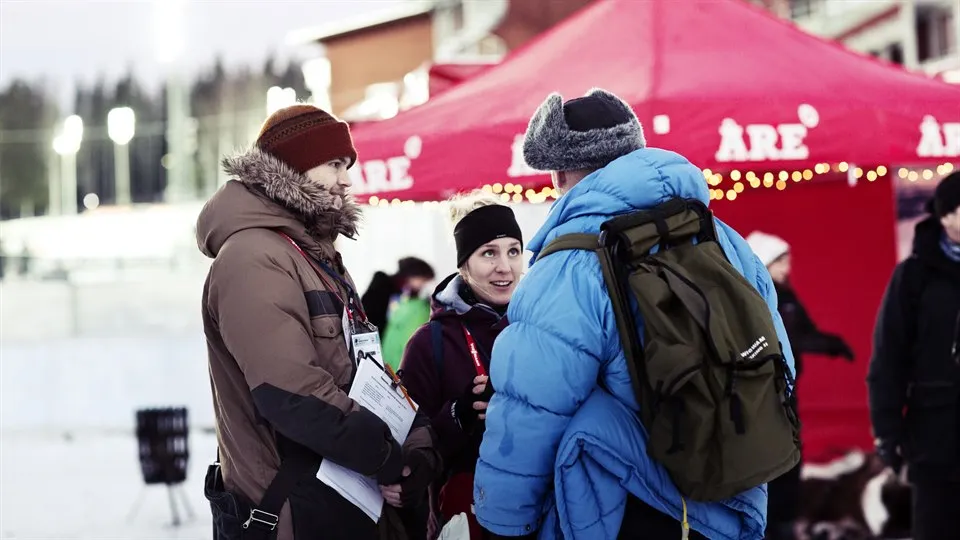Knowledge and transformation
Organizations can find it difficult to change their decision-making processes around environmental issues for several reasons. Together with organisations in sports and health, we wanted to develop a culture where sustainability is a natural part.
The research theme
Throughout history, outdoor recreation and sports organizations, just like all other organizations, have continuously taken part in different types of knowledge and made decisions that then affect how they work. But in order to understand how the organizations can work forward, it is important to understand in what way they have worked with knowledge acquisition in the past – and how this acquisition has actually affected the decisions that have been made.
Some knowledge easier to absorb
It can be about knowledge about environmental issues, but it can also be about other knowledge, such as how scientific research has affected training plans for a specific sport or the drawing of a certain hiking trail. There is reason to believe that some knowledge is easier to absorb than others – for example, knowledge that leads to athletes becoming faster, jumping higher, etc. – while knowledge that requires more complex measures is more difficult to adopt. For example, it has proven difficult to change travel patterns in elite sports, despite a good state of knowledge about the environmental impact of travel.
At the same time, there are organizations that have made decisions that are not necessarily based on knowledge, but on doing what they have always done. Or that you make a decision because you have previously steered the business in a certain direction.
Success factors for increased sustainability
In order to have the opportunity to change future decision-making processes that deal with the environment, we need to understand what they looked like in the past. It may be that organizations need to call for certain types of knowledge about how their work affects the environment before decisions are made. One example is decisions about where major championships should take place and how they would affect the environment. We simply wanted to carry out impact assessments of certain decisions.
We also wanted to work together with schools and universities in physical education and health to find out how they use knowledge and research in their education and how they embrace environmental issues.
Result
Read about the theme in Mistra Sport & Outdoor's final popular science report (pdf) in Swedish
Research group
- Sverker Sörlin, theme leader, Professor of environmental history at the Royal Institute of Technology
- Susanna Hedenborg, Deputy Theme Leader, Professor of Sport Science at Malmö University
- Erik Backman, Associate Professor of Education at Dalarna University
- Daniel Svensson, Associate Professor of Sport Science at Malmö University
- Marie Larneby, PhD in Sport Science at Malmö University
- Andreas Karlsson Isgren, PhD student (now PhD) in Educational Work at Dalarna University
- Johan Carlsson, PhD student in Sport Science at Malmö University
- Liubov Timonina, PhD student in Historical Studies of Technology, Science and Environment at the Royal Institute of Technology
Learning group
The learning group within the theme Knowledge and Transformation worked to develop knowledge and solutions within the following question:
How and what change can we create in sports, outdoor life and in the school subject of physical education and health for an environmentally sustainable development?
- What has change management looked like in the past?
- What obstacles exist and have there been to change?
The learning group consisted of the following actors:
- Friluftsfrämjandet, Carl Craaford
- The Swedish Sports Confederation/SISU, Andreas Linderyd
- Bernadotte Upper Secondary School, City of Gothenburg, Robin Rudelius
- Swedish Association of Outdoor Organisations, Johan Faskunger
- Researchers: Marie Larneby, Malmö University, Eric Backman, Dalarna University and Susanna Hedenborg, Malmö University
- Facilitator: Karin Berg
